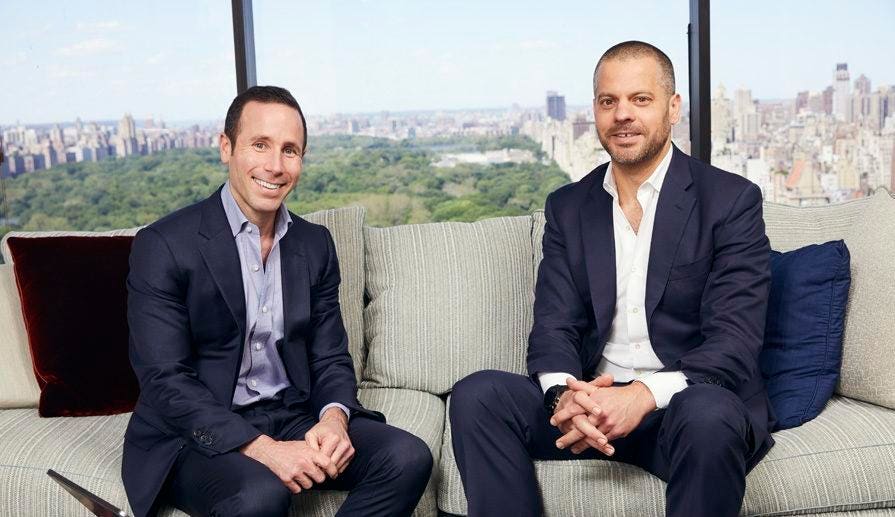Standard Investments Escalates Pressure on Johnson Matthey, Citing "Significant Destruction of Shareholder Value"
New York-based investment firm Standard Investments, the largest shareholder in British industrial giant Johnson Matthey with an 11% stake, has intensified its campaign for change at the struggling company. In a second open letter issued on Tuesday, Standard Investments’ co-CEOs David Millstone and David Winter, often referred to as the "two Davids," lambasted Johnson Matthey’s recent proposals as "wholly insufficient" to address the company’s "many serious issues." The letter underscores the growing tension between the activist investor and Johnson Matthey’s leadership, highlighting concerns over the company’s strategic direction and declining shareholder value.
Standard Investments’ primary grievance centers on what it perceives as a "significant destruction of shareholder value" under the current management. The firm’s letter criticizes the "continued lack of urgency and incapacity of the current board to do what is necessary to turn Johnson Matthey around and help it to realize its potential." This follows an earlier open letter issued in mid-December where Standard Investments called for a comprehensive overhaul of Johnson Matthey’s board of directors, a strategic review of the company’s operations, and a potential divestiture of its hydrogen technologies unit.
Johnson Matthey, a venerable British institution with a history dating back to 1817, has seen its fortunes decline in recent years. The company, primarily known for its production of catalytic converters for combustion engine vehicles, faces significant headwinds as the automotive industry transitions towards electric vehicles, rendering its core business increasingly obsolete. While Johnson Matthey has invested in hydrogen technologies as part of a broader strategy to position itself as a global energy transition company, these efforts have failed to impress investors. The company’s London-listed shares have plummeted 54% over the past five years, fueling Standard Investments’ demands for drastic action.
The clash between Standard Investments and Johnson Matthey underscores the challenges faced by traditional industrial companies navigating the complexities of a rapidly changing global landscape. The automotive industry’s shift towards electric vehicles has disrupted established supply chains and forced companies like Johnson Matthey to rethink their core businesses. While the company’s investment in hydrogen technologies represents an attempt to adapt to this changing environment, Standard Investments argues that these efforts have been insufficient and poorly executed, leading to a significant erosion of shareholder value.
Standard Investments’ aggressive stance reflects the growing influence of activist investors in shaping corporate strategy. Armed with significant stakes in publicly traded companies, these investors are increasingly willing to challenge management and demand changes they believe are necessary to enhance shareholder returns. The "two Davids" of Standard Investments, inheritors of a substantial industrial empire, are no strangers to corporate activism. Their family business, Standard Industries, built on the legacy of corporate raider Sam Heyman, has a history of acquiring and restructuring companies across various sectors.
Johnson Matthey’s initial response to Standard Investments’ December letter expressed a willingness to engage in constructive dialogue with all shareholders while defending its current transformation strategy. The company maintained that it is making progress in a challenging market environment and will continue to adapt its strategy to evolving market conditions. However, Standard Investments’ latest letter suggests that the company’s response has failed to address its core concerns, setting the stage for a potential escalation of the conflict between the activist investor and the British industrial giant. The ongoing battle for control at Johnson Matthey highlights the growing pressure on traditional industries to adapt to a rapidly changing world and the increasing role of activist investors in driving corporate transformation.


